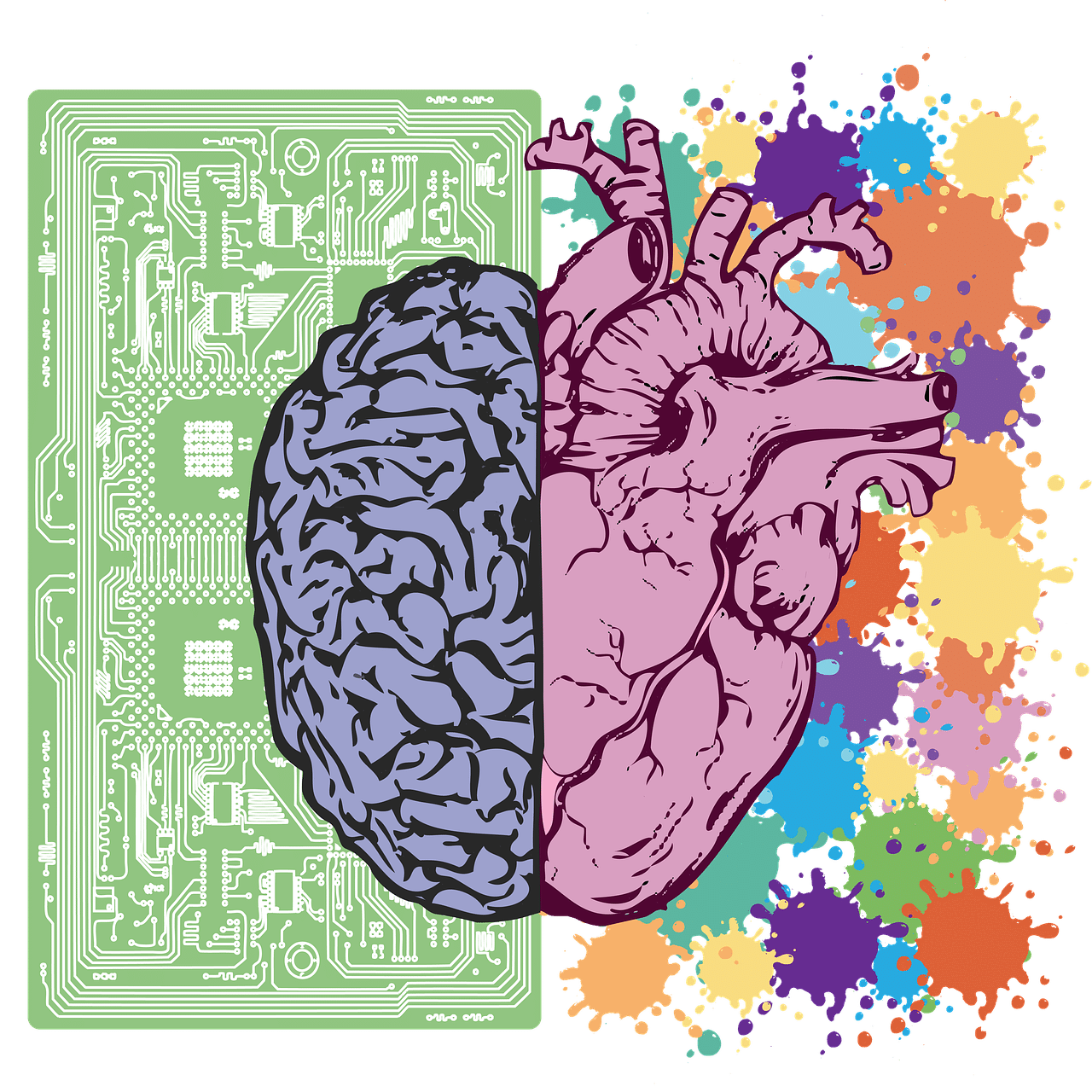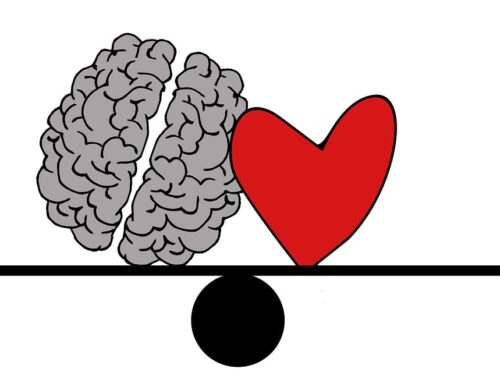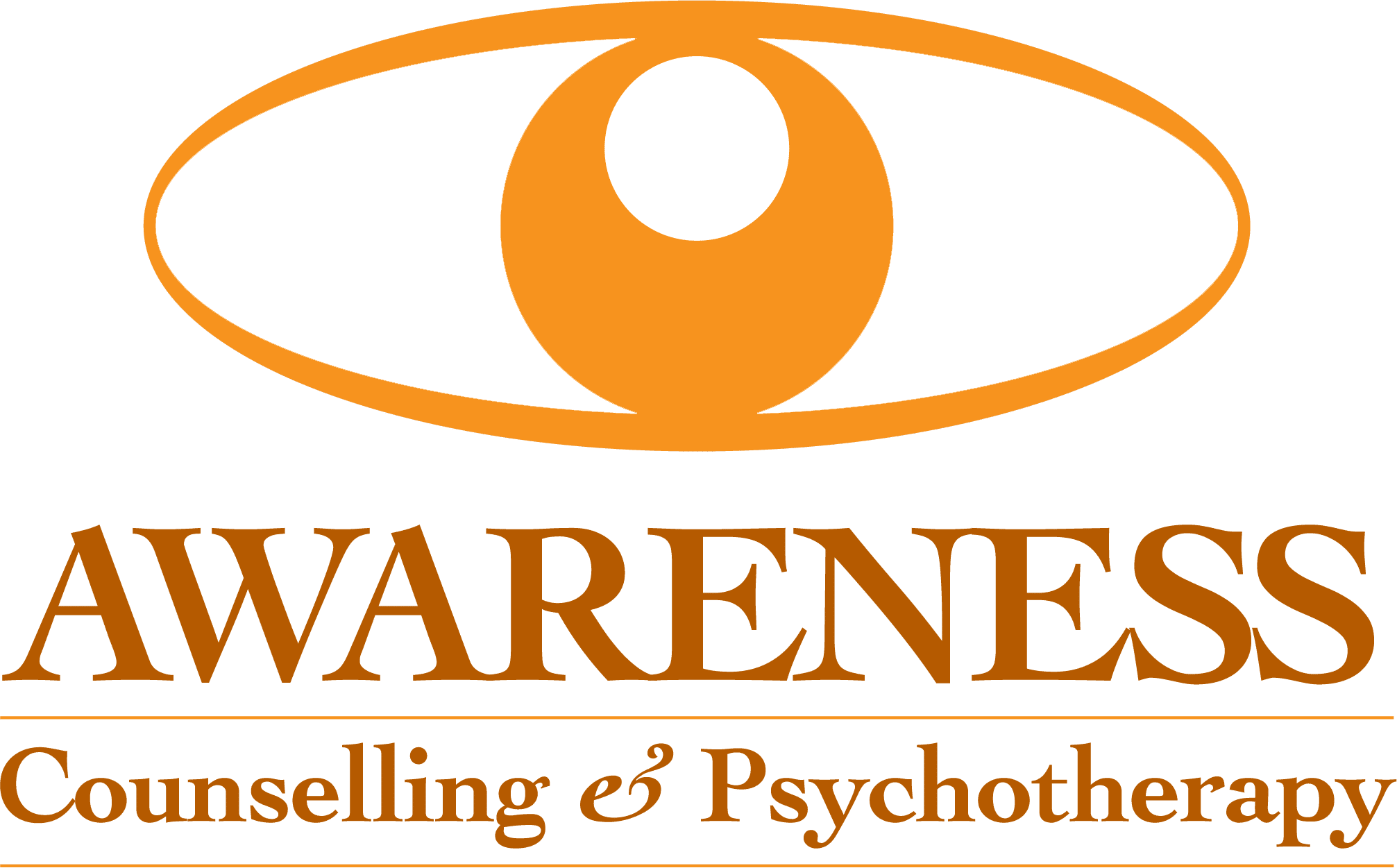Our emotions are a powerhouse of intelligence. Emotional Intelligence, or EQ for short, is something that you’ve probably heard about, but do you know what it really means?
Emotional intelligence is like that silent, dependable friend who doesn’t steal the limelight but makes life smoother, richer, and far more enjoyable. It’s the ability to identify, understand, use, and manage your own emotions in positive ways. Think of it as the quiet but powerful engine running in the background of your mind, fueling your ability to empathise, communicate, problem-solve, and navigate the complex world of human emotions.
The concept of EQ comes in five flavours.
- Self-awareness – Imagine looking at yourself in the mirror, but instead of seeing your physical reflection, you’re seeing your emotions. That’s what self-awareness is all about. It’s being conscious of your emotions and how they affect your thoughts and behaviour. It also includes understanding your strengths and weaknesses and having the self-confidence, to engage with both.
- Self-regulation – Self-regulation is like having a friendly emotional watchdog in your head. It’s about controlling impulsive feelings and behaviours, managing your emotions healthily, taking initiative, following through on commitments, and adapting to changing circumstances.
- Motivation – This one’s your inner supporter, pushing you toward your goals. People with high EQ are usually good at motivating themselves with a passion for their work, a strong drive to achieve, optimism even in the face of failure, and a deep commitment to their life pursuits and causes.
- Empathy – Now, this is the part where you turn your attention from yourself to others. Empathy is about recognising, understanding, and sharing the feelings of others. It’s the cornerstone of social awareness, allowing you to respond to others’ emotions appropriately and build stronger, deeper connections.
- Social skills – The last ingredient in our EQ stew is the ability to manage relationships effectively. This includes clear communication, the ability to work well in a team, and being able to manage conflicts constructively.
EQ might not be as easily measurable as your IQ, but its impacts are significant. Remember, it’s not about becoming an emotionless machine but about understanding and managing your feelings to live a happier, healthier, and more successful life.
Now, I get it. It might feel overwhelming, like, “How on earth do I build emotional intelligence?” Relax. The beauty of EQ is that it’s not fixed. It can be nurtured and developed. Start by becoming more mindful of your own emotions and how you respond to them. Ask yourself what is this emotion telling me. Be curious about how you are feeling, never judge it! Practice empathy by really listening to others and trying to see things from their perspective. Take steps to manage stress and react to situations in a balanced, calm manner.
Remember, EQ is not a destination but a journey. Every step you take toward understanding yourself and others on a deeper emotional level is a step towards becoming a more emotionally intelligent person.
So, the next time you find yourself in a whirlwind of emotions, remember to ask yourself: What would my EQ do? And listen, because the answer might just change your life.









